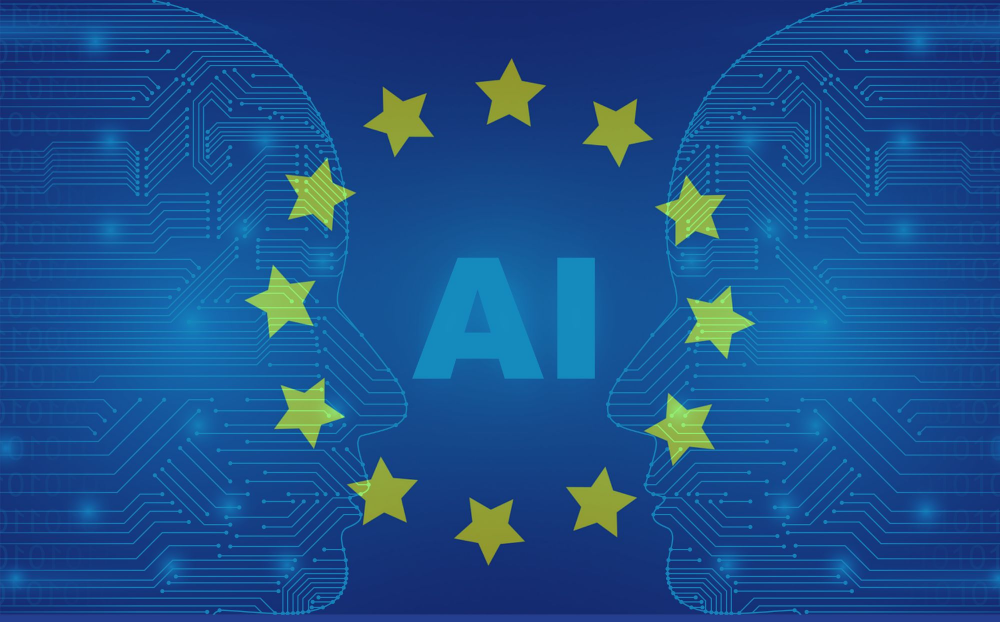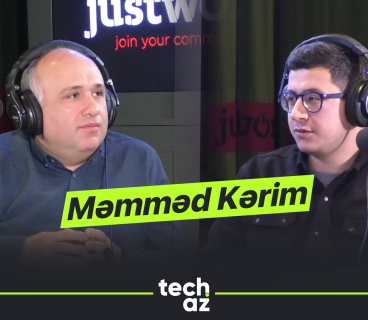The European Union is working on a new artificial intelligence (AI) project. The goal is to create an AI model that can operate in 30 languages and is aligned with "European values." European companies and universities are participating in the project, and it will utilize Spain's Mare Nostrum and Italy's Leonardo supercomputers.
The initiative is seen as an effort to ensure that Europe does not fall behind in the AI race following the success of China's DeepSeek. Although its budget is smaller compared to U.S.-based OpenAI and other companies, the EU's support is still substantial.
One of the key factors affecting AI development in Europe is the Artificial Intelligence Act. This law prohibits technologies that pose an "unacceptable risk" to society. For example:
- Analyzing people's emotions (at work or in education),
- Real-time collection of biometric data in public spaces,
- Social scoring technologies.
Companies that violate these regulations could face fines of up to €35 million or 7% of their annual revenue.
Some tech giants, such as Meta and OpenAI, have slowed down or halted the introduction of AI tools in Europe due to legal risks. The project's success is being compared to the French government's 2008 attempt to create an alternative to Google, but this time, the outcome is expected to be different.








